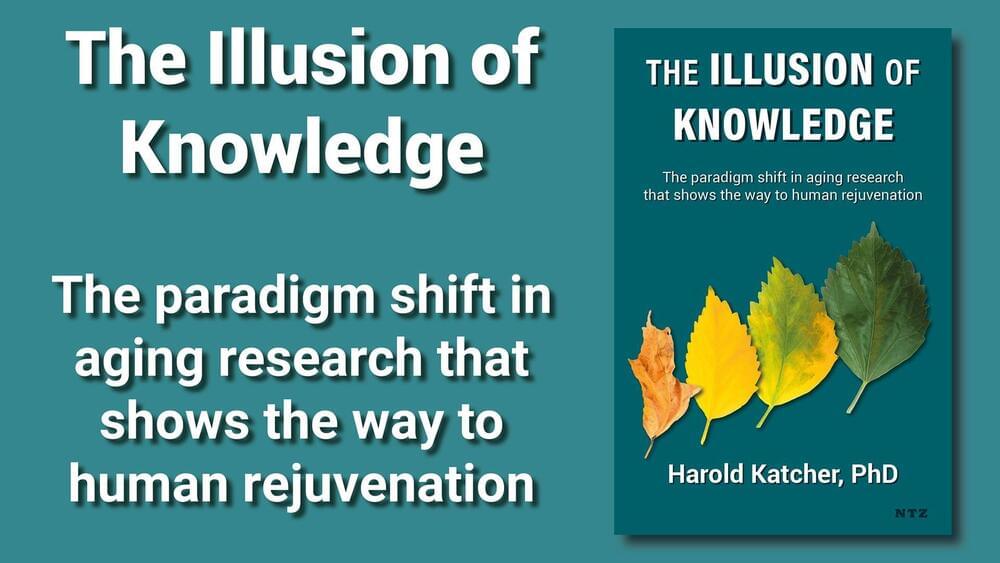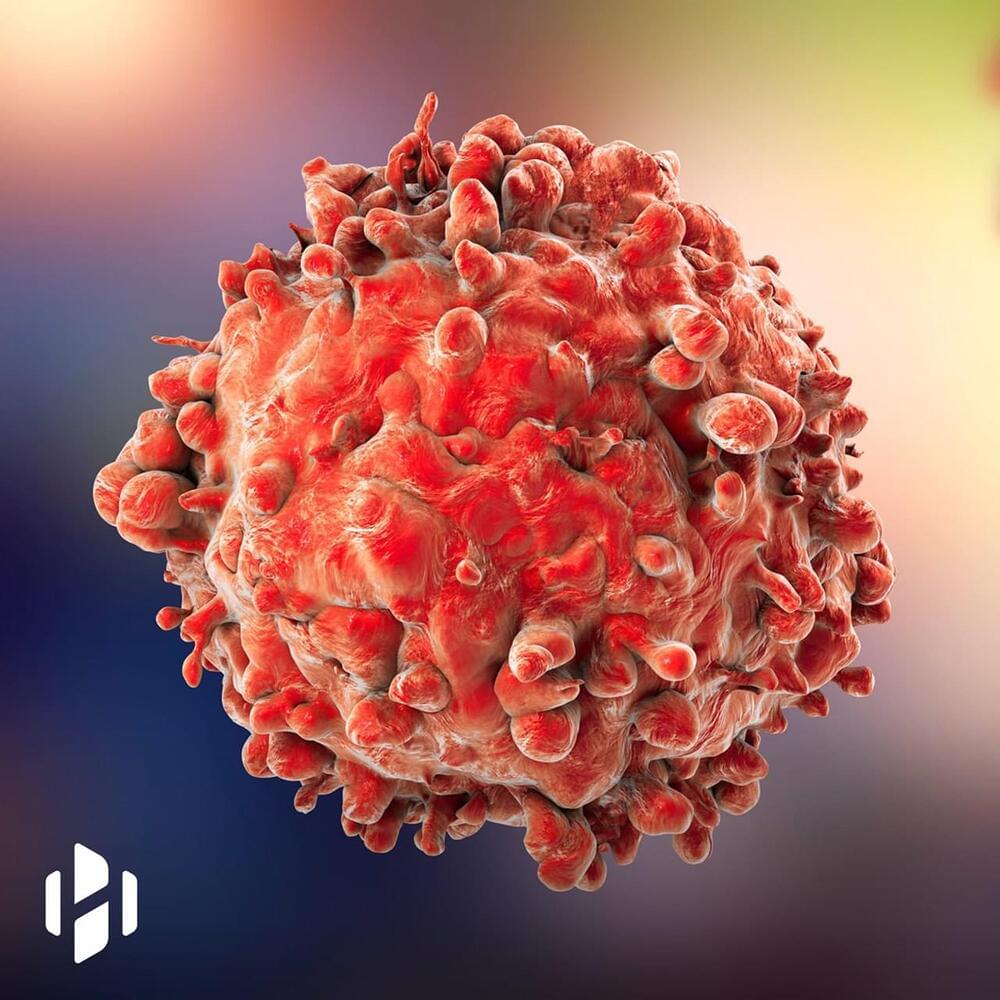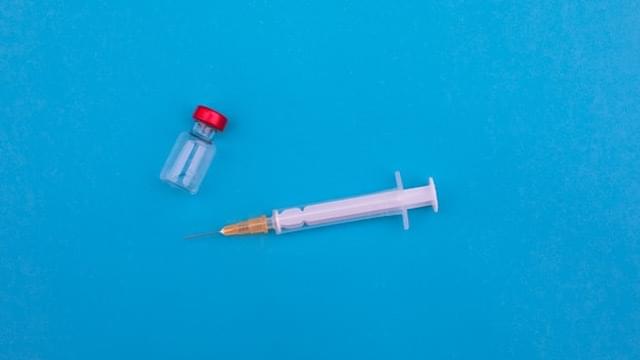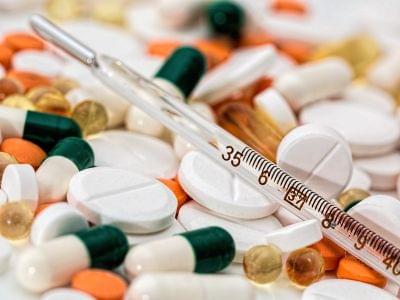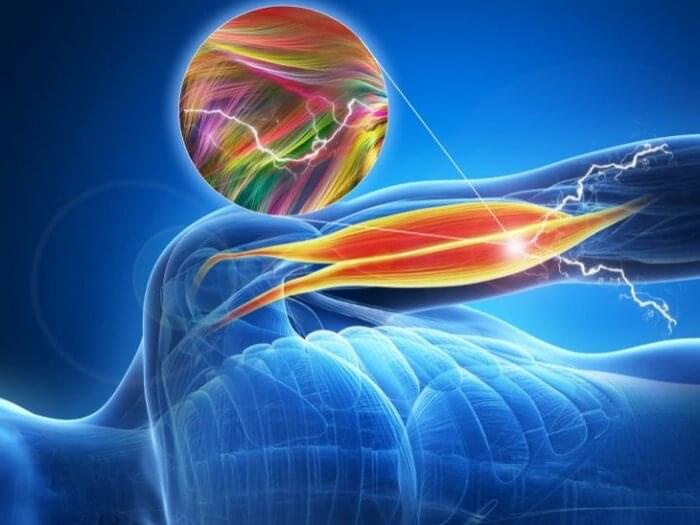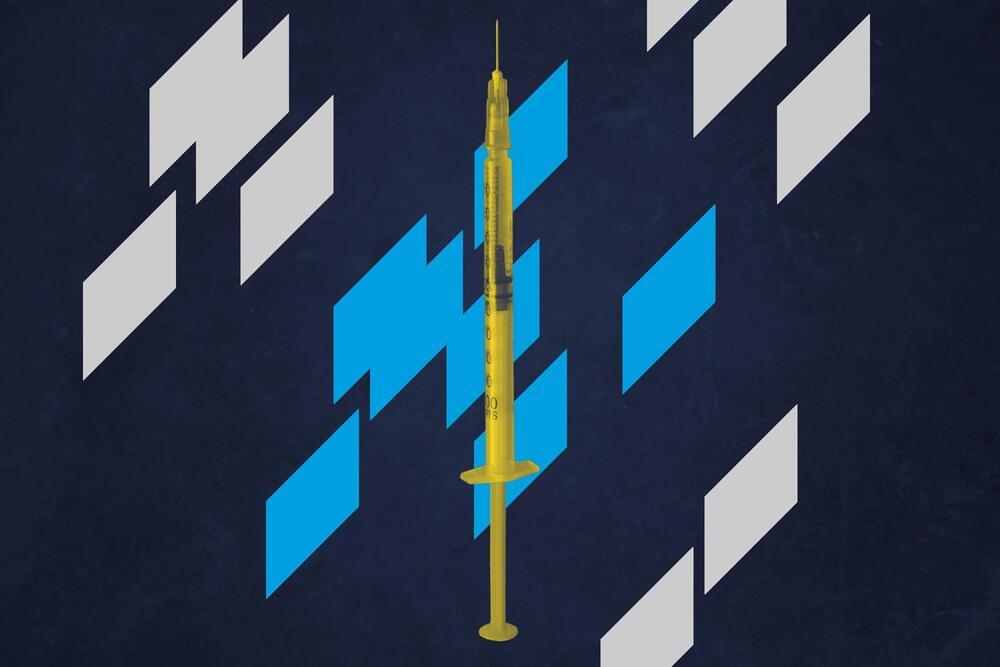Dr. The book launch will happen on September 4th, at 3 p.m. (Pacific Time) in Book Passage Ferry Building Store in San Francisco, California!
Please come to have an in-person chat with Dr. Katcher.
Dr. Harold Katcher is one of the discoverers of the human breast cancer gene (BRCA1), and has thousands of citations in the scientific literature, with publications ranging from protein structure to bacteriology, biotechnology, bioinformatics and biochemistry. He was the Academic Director for Natural Sciences for the Asian Division of the University of Maryland Global Campus, and nowadays is Chief Scientific Officer at Yuvan Research Inc., which is working on the development of rejuvenation treatments.
https://www.bookpassage.com/event/harold-katcher-illusion-knowledge-ferry-building-store.
https://www.ntzplural.com/harold-katcher-launches-book.
https://www.facebook.com/events/553354852782737?ref=newsfeed.
#haroldkatcher #sanfrancisco #california #booklaunch #biotechnology #rejuvenation #aging.
Created with the voices from LOVO @ www.lovo.ai.
